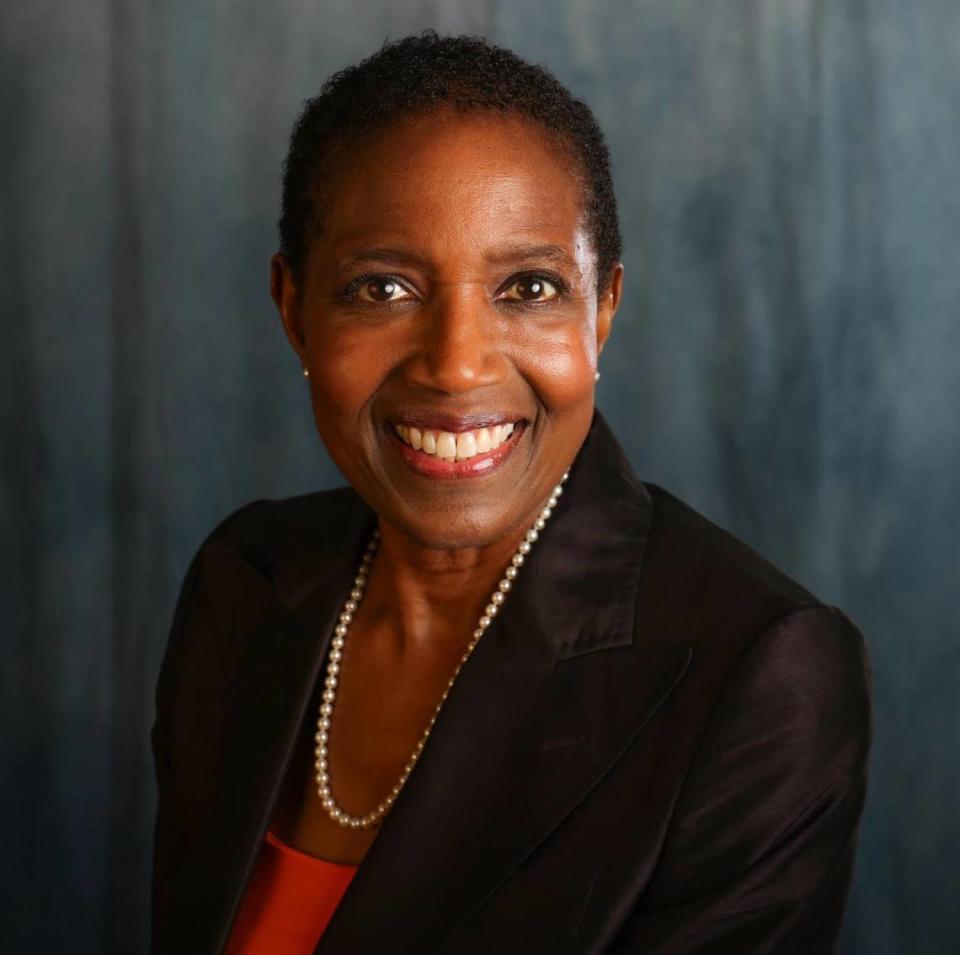A final thought: Informed opinion matters — your and ours | Opinion
I landed in Miami in 1983, straight out of Washington, D.C., soon after a bomb went off in the chambers of the U.S. Senate and the second March on Washington — but years before the mayor, Marion Barry, was arrested for possession of cocaine, captured on video smoking crack in a hotel room.
All serious stuff in a — relatively — serious city.
When I arrived in Miami, the cocaine cowboys were shooting it out and and someone named Joe Carollo had executed a vicious double-cross against Mayor Maurice Ferre — using the sharpest of knives. I thought, are they serious?
Forty years later, at the end of 2023, both Carollo and I are still standing. He’s on the Miami City Commission — again — looking to get out from under a $63.5 million judgment for abuse of power. I’m retiring after 40 years at the Miami Herald, having led the Miami Herald’s Editorial Board for the past 10 years.
Our longevity aside, there’s one main difference: I know when to exit the stage. That’s my opinion, at least.
Opinions have been my bread and butter since I joined the Editorial Board in 1990, and they have been integral to our almost-daily editorials ever since. And it’s a power I have sought not to abuse. Readers over the years might disagree, of course.
Here’s what the Editorial Board believes in, what guides its members: the U.S. Constitution; fairness — from elected officials and from our neighbors, from ourselves. We believe in informed opinions, somewhat at a premium these days; therefore, we believe in facts.
We also believe that, agree or disagree, the Editorial Board’s opinions can help make this community, region, state and nation better, fairer places. (Left unsaid, “If only people would listen to us!”).
We are not that arrogant. The members of the Board, Isadora Rangel, Luisa Yanez and Pultizer Prize winner Amy Driscoll — who, come Jan. 1, will be the new editorial page editor — know that as much as we hope we are arriving at our consensus opinions for the greater good, the greater good is always up for debate.
That’s why I was committed to opening up our pages to even more voices: local, from inside the Beltway, from Caribbean and Latin America, and from across the pond.
I only considered a business or social event a success if I had had a fascinating/rewarding/intriguing conversation with someone, learned what they, too, were doing on behalf of some sector of Greater Miami, then asked them to write an opinion piece — an op-ed — because more people needed to know about their good work, their issue, their challenge.
Many people came through and, through the muscle of informed opinion journalism, their causes were amplified, sometimes with volunteers and donations, sometimes with a more-aware constituency that showed up at board meetings and city hall, where officials, elected and appointed, were going to quietly make damaging mischief.
We didn’t work in an echo chamber; we made sure we sought out ideas from all sorts of people. In conjunction with Herald newsroom leaders and reporters, we held community listening sessions with various groups that thought the Herald wasn’t portraying them in a holistic light. Those community listening sessions included under-30s, the Muslim community, Black communities, the faith community, conservatives.
We created an interview program that streamed on Facebook, “Speaking of Miami.” Viewers heard Miami-Dade County Mayor Daniella Levine Cava discuss the challenges of her first year in office; they also heard four residents discuss gun violence, including one woman who had been shot herself and was navigating the physical, mental and spiritual healing process.
We did a TwitterSpace, walking listeners through our bumpy road to making candidate recommendations. Here, we do a lot of heavy lifting on behalf of voters who might be too busy, too distracted or even too apathetic to learn about who wants to hold power in their name.
And, post-pandemic, we’ve resumed taking our show on the road, visiting Historic Hampton House in Brownsville and the new facility created to break the cycle of arresting people with mental illness, only to send them back to the streets, or jail, over and over again.
Thanks to Isadora and the Board’s audience growth editor, Edda Leon, the Board is represented on Instagram, with Isadora’s short, funny explainers about how this crazy city works — and doesn’t.
And we give speeches and moderate panels and make sure we are accessible.
Informed opinion matters, especially yours. I won’t be here to edit them, but keep your letters and opeds coming to educate and provoke our readers.


